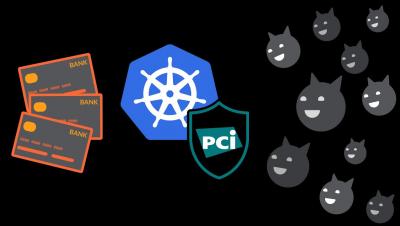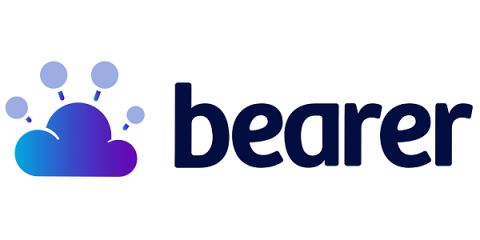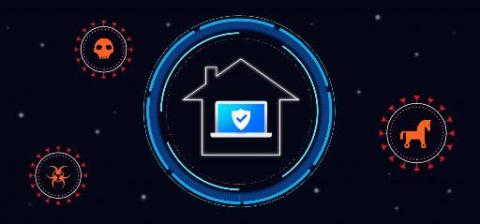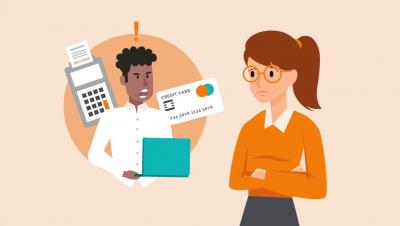Security | Threat Detection | Cyberattacks | DevSecOps | Compliance
%term
Kubernetes Threat Intelligence: Detecting Domain Generation Algorithms (DGA)
The MITRE ATT&CK Framework: Privilege Escalation
Anyone who has had any experience on the offensive side of security has had fun with privilege escalation. There’s something exciting about exploiting a system to the point of getting root-level access. Since I have spent most of my time on the defensive side of the fence, the magic of escalating privileges rested in Exploiting for Privilege Escalation or stealing an administrator’s credentials.
A Zoom zero-day exploit is up for sale for $500,000
Millions of people have moved onto the Zoom video-conferencing platform as the coronavirus pandemic has forced them to work from their homes. According to Zoom’s own statistics, its daily usage has soared from approximately 10 million daily users in December to over 200 million today.
Best Practices for Building API Integrations
Modern applications aren’t built in silos. They rely on the features of other applications. This reliance can come in the form of open-source libraries, access to a wealth of data, or complex features distilled down into a consumable API. Incorporating third-party dependencies into your own project can be challenging. It comes with the benefits of faster development, and the downside of reliance. There is a relationship that happens when using a dependency.
What are the PCI DSS Security Audit Procedures?
The Payment Card Industry Data Security Standard (PCI DSS) represents an information security standard designed for organizations that store, process, or transmit credit cards and are exposed to cardholder data. The card brands themselves have advocated for the PCI standard which is administered by the Payment Card Industry Security Standards Council (PCI SSC). Given organizations are interested in compliance, many ask the question “what are the PCI DSS Security Audit Procedures”?
COVID-19 sets the stage for cyberattacks: How to protect your business while working remotely
Businesses are shifting their operations to a remote work model in the midst of the COVID-19 lockdown. While this enables business to generally continue as normal, there has also been a rise in cyberattacks because of this shift as reported by national cybersecurity agency CERT-In. Security experts have also predicted a 30-40 percent hike in cyberattacks due to increased remote working.
Visibility, Vulnerabilities and VPNs - Extending Your Corporate Security Policies and Procedures to Cover Remote Workers
We’ve heard a lot about the drastic measures that organizations in North America and Western Europe are taking to protect their employees against the coronavirus. But as we all know, COVID-19 is a global pandemic. Organizations all over the world now find themselves in a position where they need to take action on their policies and procedures. Take the Middle East, for instance.
Virtual safety: How to teach your kids cybersecurity best practices
Confession: I am a security practitioner. I am also a mom. What I am not is a homeschool teacher. Earlier this year, I spoke to the 5th- and 6th-grade classes at my son’s Innovation Day about cybersecurity. I discussed what it means to be a cybersecurity practitioner and how the practice of cybersecurity affects everyday life.









